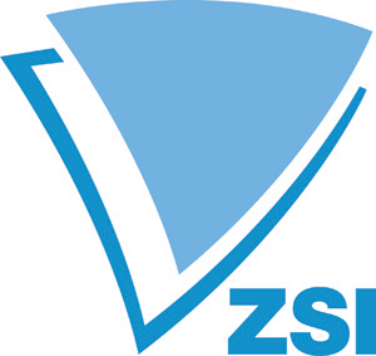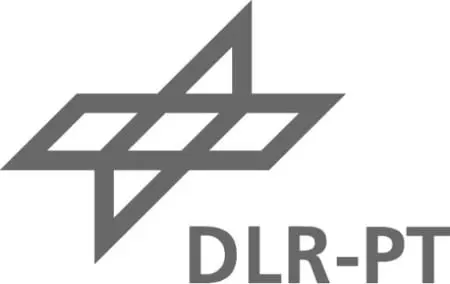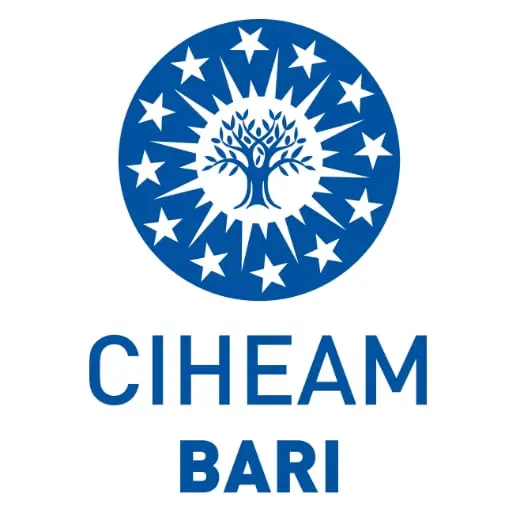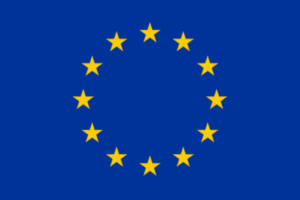Since its inception, the MSCA have provided numerous talented African researchers with valuable knowledge and skills, facilitating their career development through cross-border mobility and exposure to various sectors and disciplines. Below, you will find testimonials from current and past MSCA fellows from the African continent, as well as information on upcoming opportunities in the coming months.
The MSCA have a significant and long-lasting influence on African careers
Ugandan Professor Benon Asiimwe, who was an MSCA postdoctoral fellow at the IRCCS San Raffaele Scientific Institute in Italy from 2014 to 2016, credits the MSCA for exposing him to cutting-edge genomic technologies. This experience allowed him to establish his research niche in antimicrobial resistance (AMR) and One Health (OH) in the Department of Medical Microbiology, where he now serves as Professor and Head at Makerere University College of Health Sciences in, Uganda. He is also the country lead for the Uganda chapter of an East African Research Consortium on AMR/OH, collaborating with St Andrews University in the UK.
Dr Maruf Sanni, after completing his MSCA Fellowship, continued on a successful path by conducting post-doctoral studies at the European Institute on Economics and the Environment in Italy from 2019–2021. He has since secured a position as one of the National Focal Points for MSCA in Nigeria. Moreover, he has joined a pool of standardisation experts to support project teams from closed H2020, Horizon Europe and Digital Europe projects to plan and implement the project’s standardisation strategy in Europe, associated and third countries, organised by the HSbooster.eu consortium.
Charlotte Ndiribe’s MSCA fellowship paved the way for her research career in biodiversity and conservation. She currently holds a lectureship at the University of Lagos, Nigeria, and a visiting research position at the University of Alicante, Spain. Additionally, she has been a member of the Board of the Marie Curie Alumni Association since 2022.
The MSCA provide a good working environment, enabling excellent work
Dr Dinga Wonanke from Cameroon expresses great satisfaction with his current postdoctoral fellowship (2023–2025) at the Department of Theoretical Chemistry at the Technical University of Dresden in Germany. He appreciates the freedom it provides for developing his research ideas and acquiring new skills. The generous travel allowance has also allowed him to participate in multiple international conferences, increasing the visibility and global impact of his research.
Mulubirhan Assefa Alemayohu, who participated in an MSCA COFUND at the University of Verona in Italy from 2018 to 2021, credits the MSCA as a valuable tool that unlocked his potential and facilitated impactful research. He describes the MSCA as a comprehensive package of doctoral programmes, training courses, coaching, career advice, guidance, and teamwork opportunities that enhance transferable skills.
Muhammad Aminu Idris from Nigeria, who engaged in a staff exchange at Fondazion Gianni Benzi in Italy in 2022 and 2023, was able to pursue his passion for disease diagnosis, research, teaching, quality management, and data science at his MSCA host institution. Together with his team, they developed a conceptual and theoretical framework for an electronic sickle cell disease registry at Ahmadu Bello University Teaching Hospital Zaria in Nigeria. Their outstanding work earned them a travel grant to attend the British Society for Haematology conference in April 2024.
Larai Diana Gwani fondly remembers her MSCA Staff Exchange experience in London at St Thomas’ NHS Trust from 2019 to 2020. During this time, she underwent training in strategic communication, implementation science, and gained insights into the newborn screening pathway. Her participation in the MSCA Science-Policy Pitch Competition 2023 was a highlight, where she stood out as one of the 15 finalists selected from over 170 candidates. Notably, she was the sole African representative chosen for this prestigious competition held as part of the MSCA Conference organised under the Spanish EU Presidency.
Upcoming opportunities for African researchers, and organisations
Although all African countries (except Tunisia) are not associated with the EU’s key research and innovation funding programme, Horizon Europe, it is open to the world, meaning that participants from all over the world can participate.
The MSCA provide fellowships for postdoctoral researchers from Africa to work in a European group or for European researchers to work in an African laboratory for up to two years. The call for postdoctoral researchers is open and will close on 11 September 2024.
The MSCA also provide opportunities for African institutions to participate in Doctoral Networks (next call: 29 May 2024 – 27 November 2024) and Staff Exchange consortia (19 September 2024 – 5 February 2025) with funding provided.
Find out more
Marie Skłodowska-Curie Actions (MSCA)
African Chapter of the Marie Curie Alumni (MCAA)
EU-Africa cooperation in research and innovation
Factsheet AU-EU Cooperation in R&I and the AU-EU Innovation Agenda
Teaser image: Retha Ferguson, Pexels
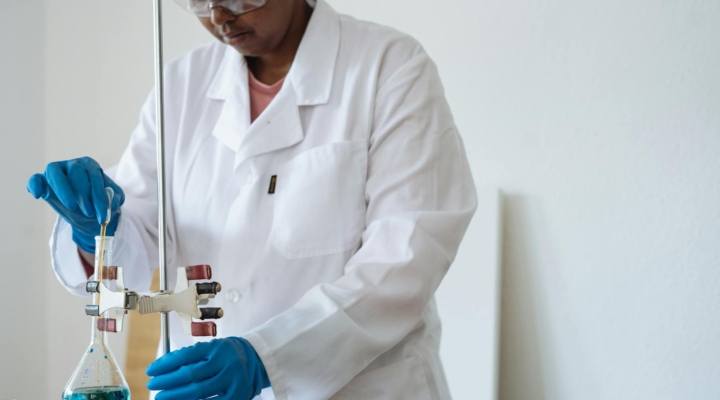 Retha Ferguson | Pexels
Retha Ferguson | Pexels 